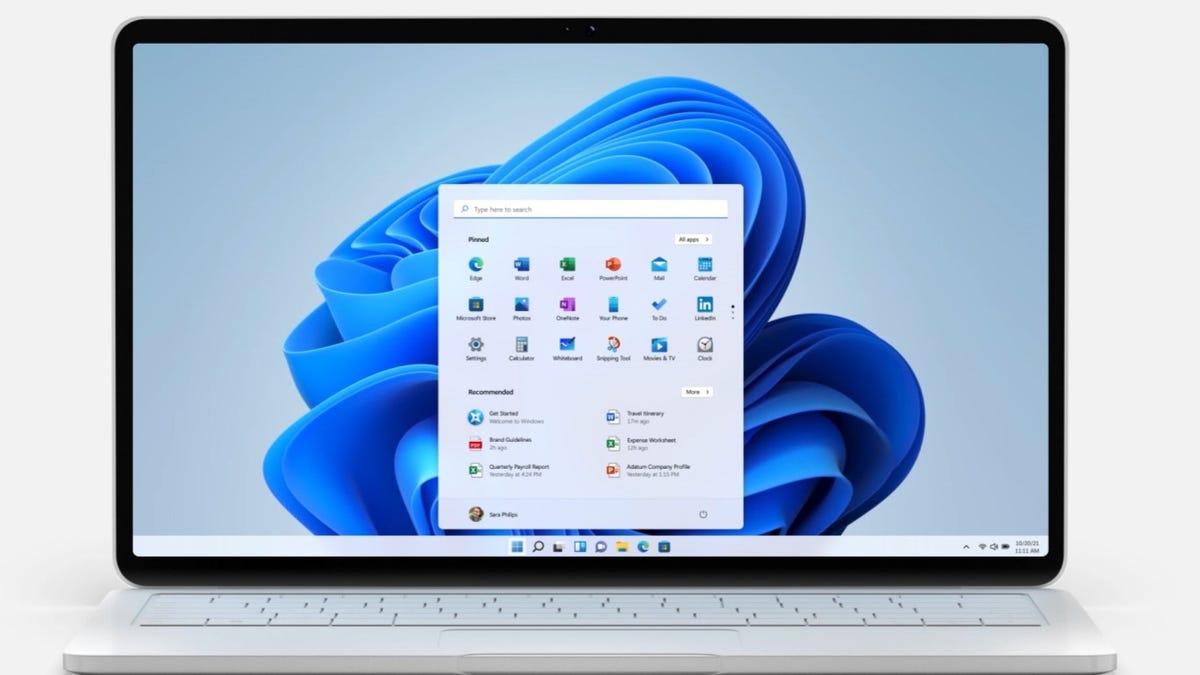Can I transfer my Windows upgrade license from an old PC to a new one?

If you’re a network administrator managing a Windows deployment in a large enterprise, be extra cautious here. Microsoft
Windows upgrade licenses are expensive. Do they have an expiration date?
That’s a question I get often from people who own older PCs/laptops running Windows 10 Pro. If you replace that PC or laptop with one that has Windows 11 Home edition preinstalled, can you use that old Windows 10 Pro key to upgrade the just-purchased Win 11 Home license to Pro?
The short answer is: Yes, that upgrade scenario should work. The longer answer has a few conditions and caveats.
ZDNET Recommends
That answer assumes you have a Windows 10 Pro product key. If so, that key will work to perform an upgrade, because all Windows 10 and Windows 11 product keys are interchangeable. In fact, product keys for Windows 7 Professional and Windows 8 Pro will also work to upgrade a Windows 11 Home installation. That was true when I first started looking into these upgrade scenarios back at the dawn of the Windows 10 era, and my testing confirms it’s still true today.
To perform the upgrade from Windows 11 Home, go to Settings > System > Activation, and then click Upgrade Your Edition Of Windows. That action will reveal the Change Product Key menu. Click Change, enter the product key, click a few more buttons, and after a restart, you should have a fully activated installation of Windows 11 Pro.
We could stop right there, but that original question mentioned a “Windows 10 Pro key,” which raises a completely different set of questions. Yes, you can use an old product key for a Windows 11 Pro upgrade, and the activation will probably be successful. But as the Windows license terms pointedly note: “Successful activation does not confirm that the software is genuine or properly licensed.”
Are you planning to continue using that Windows 10 Pro installation on the old PC where you originally used the product key? If so, well… you’re technically in violation of the part of the license agreement that says you can only install and use the software on one device at a time. But that’s between you and your conscience. On the other hand, if you’ve decommissioned that PC and removed the upgrade, you’re on much firmer ground, license-wise, and you can sleep soundly.
If you were a network administrator managing a Windows deployment in a large enterprise, I would urge you to be extra cautious here. But if you’re using Windows 11 Home edition on a PC in an unmanaged environment, I’m going to advise you not to worry and just enjoy the upgrade.
For more details on the ins and outs of Windows licensing, see “Is your Windows license legal? Should you even care?”
READ MORE HERE
